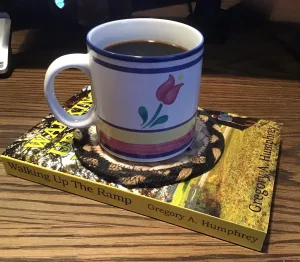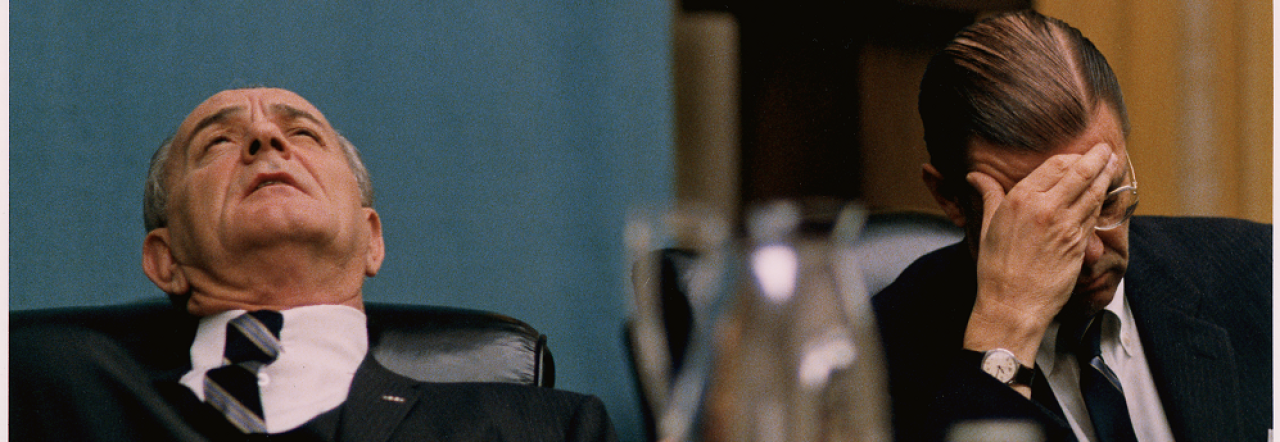For most of my growing up years the Union of Soviet Socialist Republics was the menace that dominated foreign affairs. I recall every May Day how news reporters would try to determine the political future of the men in the Kremlin by how they stood in relation to the leader of the Soviet Union as the huge parade marched by in Red Square. At the time everything seemed to be viewed through the lenses of the Cold War, and the threat that the Soviet Union posed to our freedoms. If the newspapers did not provide enough international drama about the arms race between the superpowers, or the darkness that lurked just behind the Iron Curtain, then the best selling authors of spy novels could surely provide the rest. John Le Carre and Robert Ludlum are perhaps the best at describing the intrigue of the espionage game that was played for the highest stakes in the nuclear weapons laced poker game.
I am addicted to spy novels and books about espionage that take place during the years that the U.S.S.R dominated the headlines. I suspect that one needs to have lived some of those years to fully appreciate the suspense and danger that fill the pages of books about MI5, secret drops, and the ‘fifth man.’ I am not sure if young adults today enjoy, to the same degree that other generations do, a spy yarn about a superpower that no longer exists, and which no longer blusters its way through history. While Middle East terrorists and their warped sense of mission dominate many paperbacks these days, I think they lack the power punch that a night in the Lubyanka provides to the reader.
The first spy writer in America was James Fenimore Cooper who penned “The Spy” in 1821 concerning the American Revolutionary War. There were many spy novels of various qualities about the Civil War, the vast majority being more fiction than fact. In the 1930’s pulp magazines popped out many spy stories in serial form, and the public loved it. But it was World War II that formed a new breed of writers for spy novels. Men who worked for intelligence agencies and gained experience would later use their insight to craft tales that folks like me stay up far to late at night to read.
Ian Fleming was one of those men who worked on the inside during the war and wrote superb books after leaving the service. Where would the world be without James Bond? President Kennedy loved Fleming’s work and called him one of his favorite authors. La Carre was yet another master of his craft with his creation of the famous George Smiley. LaCarre learned much from his years inside British intelligence.
Though spy agencies may frown on the idea of an agent giving up the cloak and dagger for the pen I am glad they do write of accounts that somewhat mirror reality. In fact, spy agencies use writers to bring fame to their ‘industry’, as was the case when CIA Director Helms asked Howard Hunt (yup, that one) to write spy novels to make the CIA as popular as Fleming had made British spy agencies. Sadly, I think we all know how that episode ended.
This weekend as another James Bond film demands attention at the box office, and a real ex-KGB agent is murdered in London with Russian President Putin listed as a potential part of the plot, it is easy to see that cloak and daggers, both fact and fiction, are very much alive.
Technorati Tags: Espionage, Spies, JohnLeCarre, SovietUnion, JamesBond

